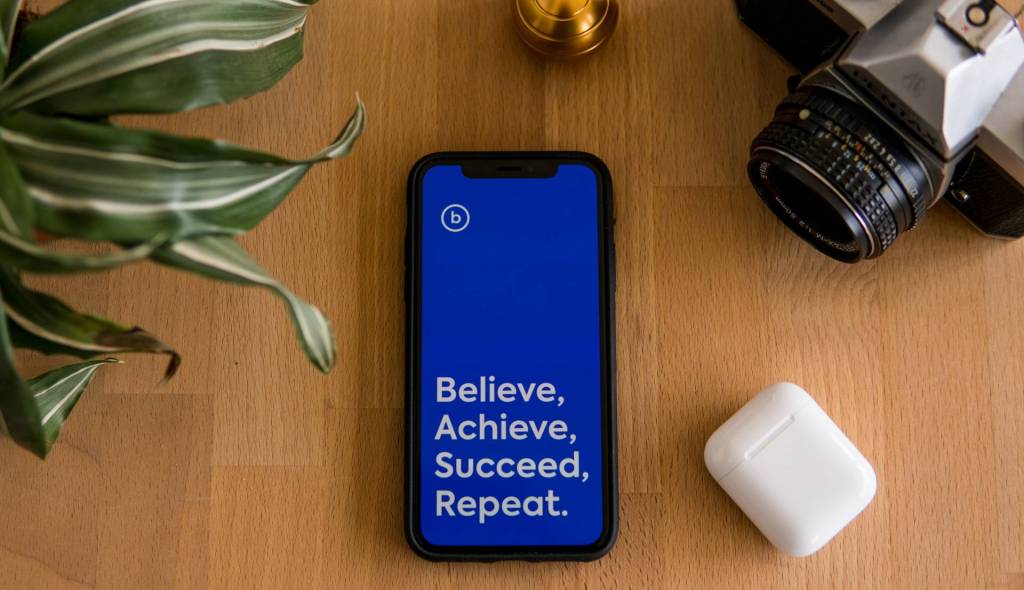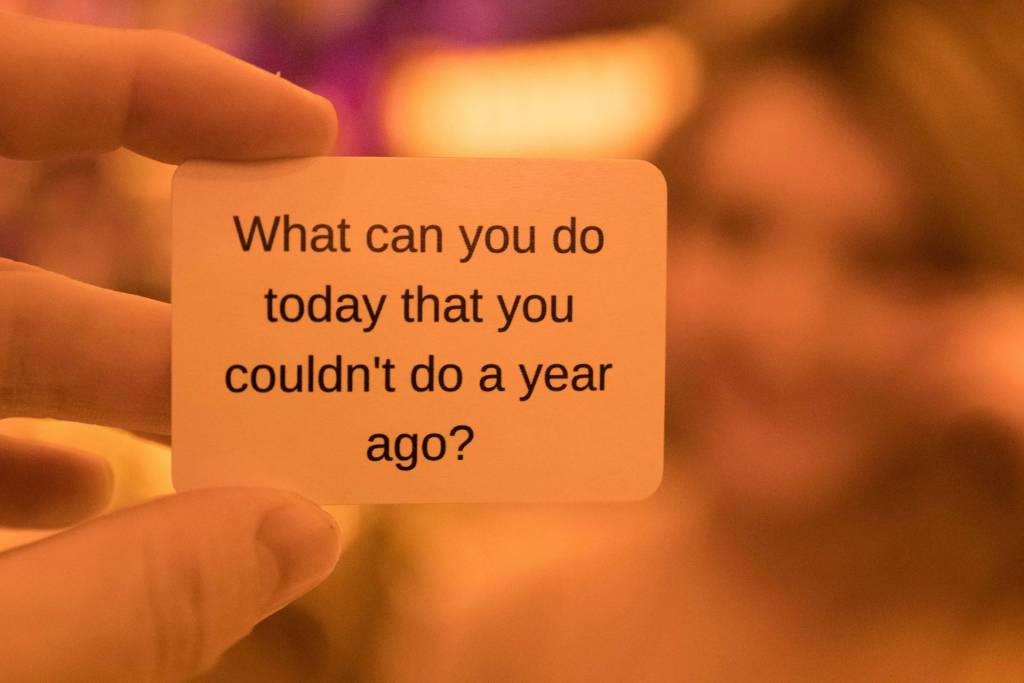Successful job candidates, the ones who get hired, do two things better than anyone else: They send the “right” messages and deliver them in a powerful and compelling manner! A candidate first sends these messages with their resumes and reinforces them in their job interviews. You need to be prepared to answer this key question: ”Why should I hire you?” All other messages must support, defend and compliment this main message. Most candidates don’t realize how crucial it is to develop their communication skills so they can answer this question succinctly.
Many students make the false assumption that if they are socially adept, outgoing and popular with their peers they will also be well received by hiring managers. Unfortunately, this is typically not the case. Chatty, friendly and high-spirited does not necessarily translate into other character traits that are desirable in the workplace. Having strong communication skills is crucial for many reasons in the workforce: One needs to know when it’s important to listen and hold back and when its necessary to respond. There are many subtleties in communication and the best communicators strengthen their personal brand using their ability to articulate to influence others’ opinion of them. They intuitively know “when silence is golden” and how to “read between the lines” when the situation is tough.
It’s important that you clearly communicate how you have used your ability to inspire, engage, influence and persuade others to achieve improved results i.e. I was able to achieve major increases in revenues. I designed a marketing plan that increased sales by 50%. I was an effective negotiator, mediator and moderator: I negotiated the first long-term union contract in theatres history. Showing results that depict the impact you had on a firm’s growth is far more impressive than telling the hiring manager that you have great “peoples skills.” As Jay Block, an internationally certified Career Coach and resume strategist quips, “So what, my dog also has great people skills” and she will never get a job. In other words, if you merely describe yourself as having these character traits but have no accomplishments to back them up with, you will probably reduce your chances for getting noticed and getting hired. Developing the right message and practicing your delivery of this message will ultimately make the difference for whether or not you get the offer over your competition.
Customizing your resume to match the requirements of the position and making your qualifications understandable to the recruiter is a critical exercise because it focuses your message to include achievements that are relevant to the hiring manager. It should include both qualitative and quantitative achievements. Quantitative achievements are specific achievements, for example, increased sale $1.3 million a year, improved customer service levels from 91.3%-98.5%. Qualitative achievements are non-measurable results but are accomplishments as well: Significantly improved the level of customer service, improved efficiency while lowering personnel turnover.
There is no substitute for preparing and practicing for your job interview. Knowing more about the company, understanding the demands of the job you’re seeking, learning about the hiring manager’s key challenges, will give you the basis for which to prepare your responses to interview questions. Ask someone to videotape you answering typical interview questions. Select words that aren’t clichés and make sure you have concrete examples of instances where you’ve used the skills you mention to further the goals of a current or previous organization.
Here are some examples of transferable skills:
- Communication skills include: expressing ideas, facilitating discussions or meetings, listening, negotiating presenting, speaking a foreign language, speaking and writing effectively.
- Research and planning skills include: analysis, brainstorming, coordinating events, focusing on details, forecasting, goal setting, information gathering, organizing, problem solving, record keeping.
- Interpersonal skills include: coaching, conflict resolution, crisis management , delegating responsibility, handling complaints, motivating, team building,
- Leadership skills include: dealing with change, decision making, enforcing policies, ethics, implementation, management, persuasion, time management and training
All things being equal with respect to your grades and previous work experience and references, the scale will be tipped in your favor for getting hired if you can show that you are more aware of the hiring managers needs than any other candidate and that you have the skills and abilities to help the manager accomplish his goals. Make it about them more than about you! Stand out by learning to tune in to the ways you can apply your sills to assist them with specific challenges they face. The main challenge of the job interview is not so much to sell yourself, but to sell the “fit” between what you have to offer and what the job for which you are being interviewed calls for.
Remember to highlight the right skills and attributes for the job which you are applying for and don’t ever misrepresent yourself. If you can prove that you will add value to the firm in an area they need support, you will greatly improve your chances for getting hired.












